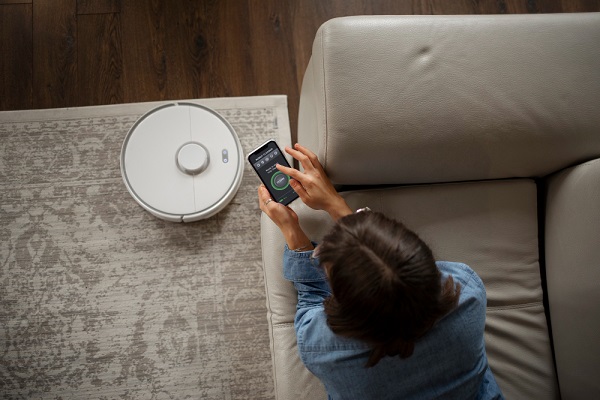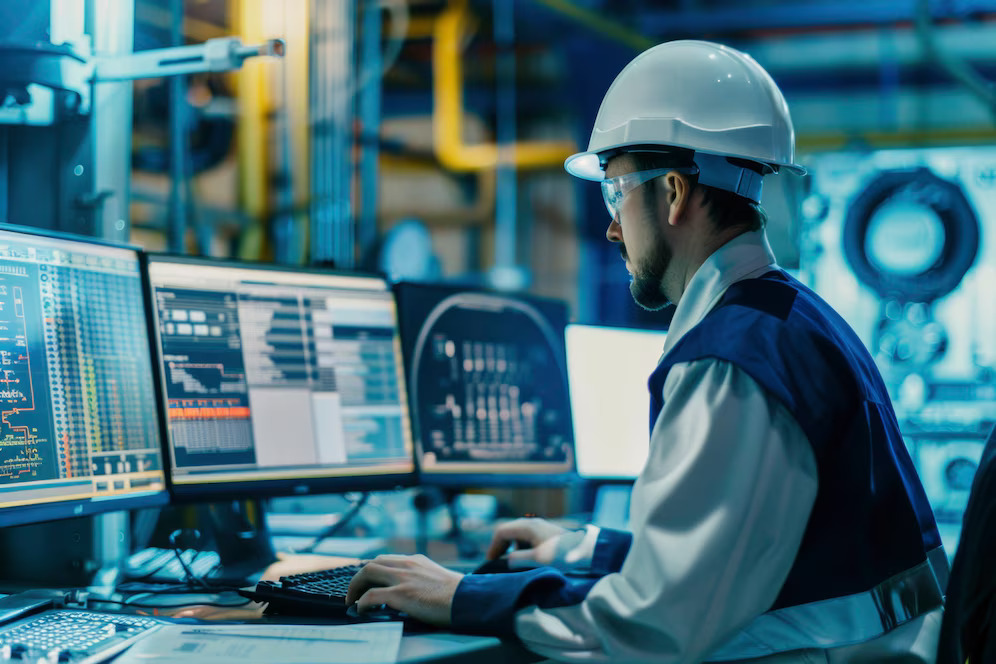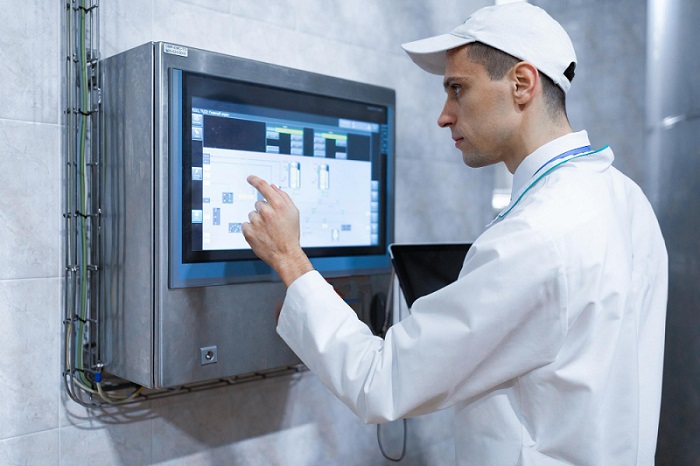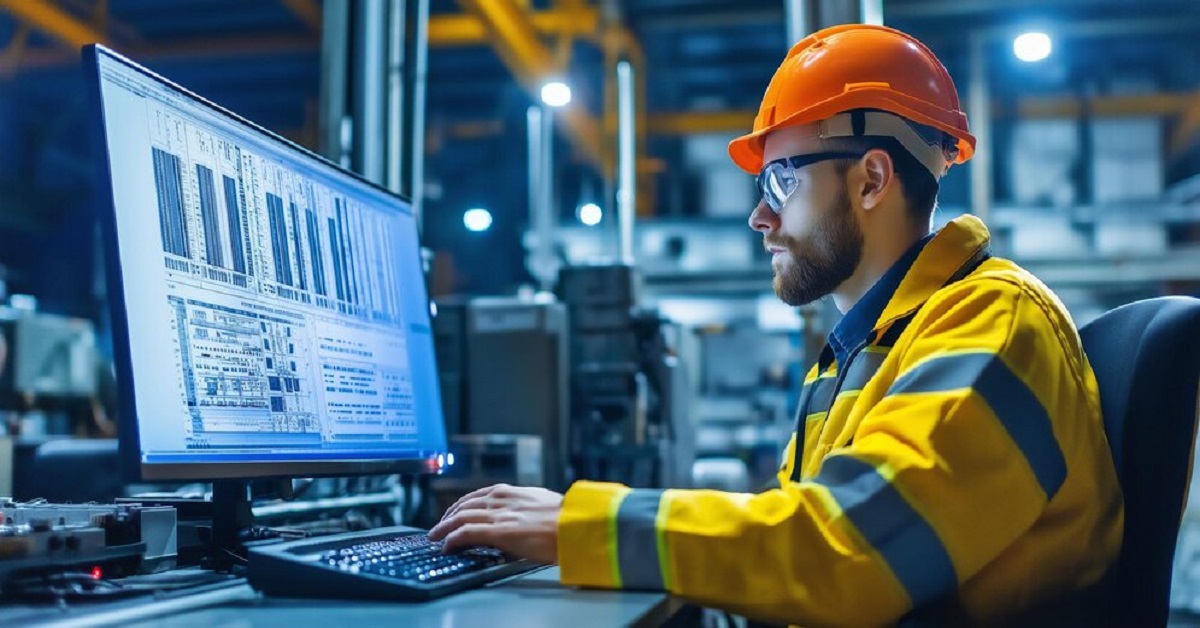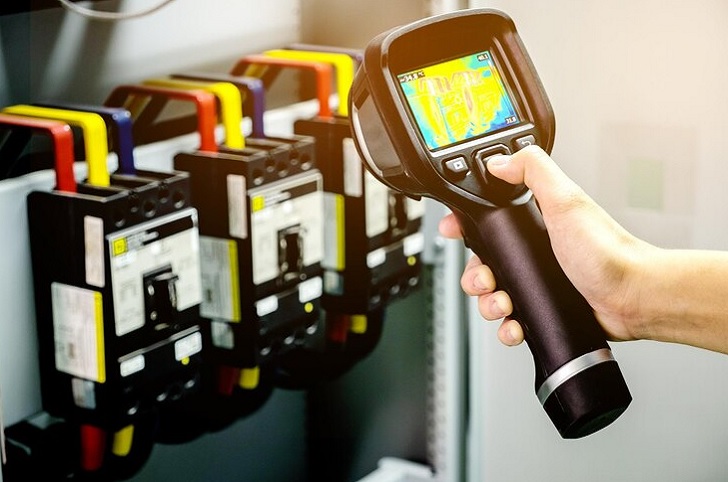Humidity measurement is a critical factor in many industries, from agriculture and food processing to healthcare and electronics. Even small variations in moisture levels can impact product quality, equipment performance, and overall efficiency. This is why investing in a high-accuracy humidity sensor is essential for businesses that depend on precise environmental monitoring.
What is a High-Accuracy Humidity Sensor?
A high-accuracy humidity sensor is a specialized device designed to measure moisture levels in the air with extreme precision. Unlike standard sensors, these advanced devices offer tighter tolerances and provide readings that are more reliable and stable over time. This level of accuracy is crucial in environments where even a slight error can lead to major problems—such as pharmaceutical labs, clean rooms, or electronics manufacturing units.
Why Accuracy is Important in Humidity Measurement
Humidity control is not just about comfort—it can directly impact safety, productivity, and quality. Here are a few reasons why accurate humidity measurement matters:
- Protecting sensitive products: Products like medications, food, and electronics are highly sensitive to moisture. Even a minor error in humidity levels can result in spoilage or malfunctions.
- Ensuring compliance: Many industries are governed by strict standards that require precise humidity control. A high-accuracy humidity sensor helps you meet these regulations consistently.
- Maintaining energy efficiency: Overcompensating for inaccurate readings can lead to energy waste. Accurate sensors prevent unnecessary dehumidification or humidification.
Applications of High-Accuracy Humidity Sensors
High-accuracy humidity sensors are widely used across different sectors. Some common applications include:
- Pharmaceutical and Healthcare – Proper humidity control is essential for storing medicines, operating cleanrooms, and ensuring safe patient care.
- Food Industry – Moisture control helps maintain product freshness and prevents spoilage during storage and transportation.
- Agriculture and Greenhouses – Plant growth and yield depend heavily on humidity levels. Accurate sensors ensure optimal conditions.
- Electronics Manufacturing – Excess moisture can damage sensitive components, making precise monitoring critical.
Key Features to Look For
When selecting a high-accuracy humidity sensor, consider the following features:
- Low margin of error: Look for sensors with ±1% or better accuracy.
- Temperature compensation: Some sensors adjust readings based on temperature changes, improving overall precision.
- Long-term stability: A good sensor maintains accuracy over time with minimal recalibration.
- Digital output and connectivity: Modern sensors often include digital interfaces for easy integration with monitoring systems.
Benefits of Using a High-Accuracy Humidity Sensor
- Improved product quality: Accurate readings prevent spoilage or manufacturing defects.
- Cost savings: Avoiding errors reduces waste and energy costs.
- Better compliance: Stay aligned with industry standards and avoid penalties.
Final Thoughts
Humidity may seem like a minor factor, but in many industries, it plays a major role in ensuring safety, quality, and efficiency. A high-accuracy humidity sensor provides the reliability you need to monitor environmental conditions without second-guessing your data. By investing in the right sensor, you protect your products, reduce operational risks, and maintain compliance—all while improving efficiency.
